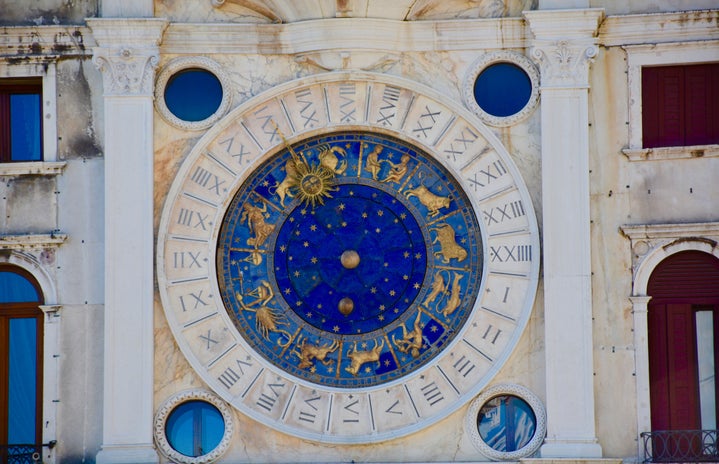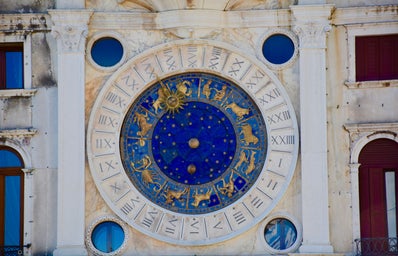In the past few years, you’ve most likely heard the phrase ‘Mercury is in retrograde’ a fair amount when people discuss minor misfortunes that have occurred to them. Consequently, you’ve probably also seen copious amounts of tweets and memes poking fun at those who blame Mercury retrograde for their misfortunes. If I had R1 for every time a friend messaged me asking if ‘Mercury is in Powerade’ or if ‘Mercury is doing the renegade’, I would have enough money to fly myself to the planet Mercury and stay there to avoid hearing the same stale, recycled quips, and jokes over and over again.
As someone who has followed astrology quite closely for years now, I do understand where these jokes stem from. Astrology can be extremely polarising at times due to the depth and density of it as a subject. This coupled with the effect that social media has had in enabling and portraying superficial stereotypes of Tropical (mainstream) astrology, it’s no wonder that so many people think astrology is fake. Astrology has been around for a hot minute, and so have the extensive debates and research about its legitimacy. Allow me to give you, dear reader, a brief lesson in the history of astrology. For centuries astrology was given the same attention and recognition as astronomy considering that both subjects centred around the studying of extra-terrestrial planets and celestial objects. It wasn’t until the 17th-century with the Age of Reason that philosophers downgraded the status of astrology to pseudoscience and referred to it then on out as ‘the study and divination of the effect that celestial objects and phenomena have on human interactions’. In more recent times there has also been a backlash from more mainstream, Western religions such as Christianity against the use of astrology in terms of divination coming into conflict with religious ideals of the Church.
This downgrading and rejection of astrology as pure science by the dominant, hegemonic voices of our Western society has fuelled the debate on astrology tremendously and the bad rap that astrology still gets to this day. It’s given way for the demonization of astrology because of its association with the paranormal due to the connection it shares with occultist practices and beliefs such as witchcraft, magick, spirituality, and the supernatural. Long before the advent of the West, astrology was used in the ancient practices and religious beliefs of many civilizations found around the world, i.e., the Maya, Ancient Greeks, and Mesopotamians. To this day, Astrology is a core feature of so many religions and cultures, particularly amongst indigenous peoples and long-enduring eastern religions such as Hinduism and Taoism.
Something I have noted in my years of being a self-described ‘astrology hoe’ is how quick people are, both in real life and on the internet (Twitter, I am looking at you!), to jump on the band-wagon when it comes to trolling and bashing astrology, and more specifically the women who have located themselves within astrology and are exploring their birth charts and rising signs with enthusiasm. To say that more women find themselves identifying with and exploring astrology than men isn’t a shot in the dark. The proof lies in the fact that there are countless memes and tweets about how ‘if he knows his moon/rising sign he’s been ran through’ or anecdotes of men lying about their birth date and time to trick the girl he’s trying to pursue into giving him a chance based on their supposed compatibility. The social phenomenon of intentionally trying to denounce and destabilise the interests and hobbies of women is not a novelty on this planet, which is why I can never help but wonder if the continuous backlash that astrology faces is not partially due to the desire of this patriarchal society to try and squash anything that provides comfort, stability, and agency to the marginalised groups it seeks to oppress, such as women and indigenous and Eastern cultures.
It becomes so easy to write off astrology as just another new-age trend or pseudoscience when so much of what we come into contact with is so superficial, and thus in reality is only one aspect of a more multifaceted topic matter. At the end of the day, trying to prove to you, dear reader, whether astrology is real, or fake is the same as trying to prove the existence of a God you’ve never seen. If you’re someone who is more logical and empirical, then maybe astrology isn’t for you — and that’s okay. But at the end of the day, there’s only one thing that matters – Geminis are not the villains you think they are.

